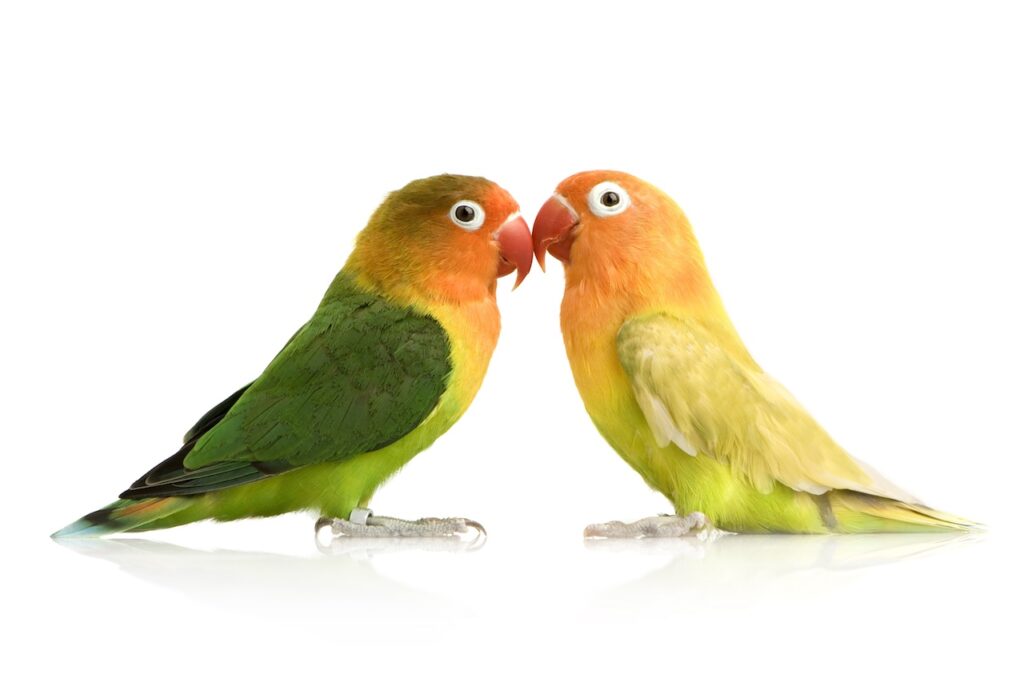Written by the MonVet Group team, this guide brings together the essentials for daily care—nutrition, housing, enrichment, and when to see a vet—clearly structured to support you between visits.
What’s inside
- Balanced nutrition: pellets vs seeds, vitamin-A–rich vegetables, small fruit portions, foraging ideas.
- Avoid: avocados (toxic), salty/sugary/spicy foods, chocolate/coffee/onion/garlic; caution with peanuts/certain corn.
- Species notes: nuts for large parrots; sprouted seeds for passerines/columbids.
- Quarantine & screening: new birds isolated 30–45 days; infection testing as indicated.
- Routine care: daily bath/shower, nail trims (file/clip), beak trims only if abnormal.
- Vaccines & surgery: not routine; closed-ring removal when indicated.
- Weight monitoring: gram-accurate scale for early problem detection.
- Feather trims: symmetrical primary-feather trim (after flight learning), maintain gliding ability.
- Housing: wider-than-tall cages, species-appropriate minimums, airy by day and dark/quiet ≥12h at night.
- Perches & toys: non-abrasive surfaces (wood/rope), toy rotation; avoid cement/sandpaper/unsafe metal.
- Out-of-cage time: secure environment; consider outdoor cage/harness.
- Litter & hygiene: paper/cardboard liner; daily/weekly cleaning routine.
- Environmental toxins: aerosols, chlorine/ammonia, Teflon®, heavy metals (lead, zinc…).
- When to see a vet: breathing issues, bleeding, weight loss, abnormal droppings, lethargy, seizures, etc.
Who is it for?
Owners seeking a simple, reliable roadmap for bird health, welfare, and safety.
Questions about diet, housing, or behaviour? Book an appointment with a MonVet Group veterinarian for a personalized plan.














